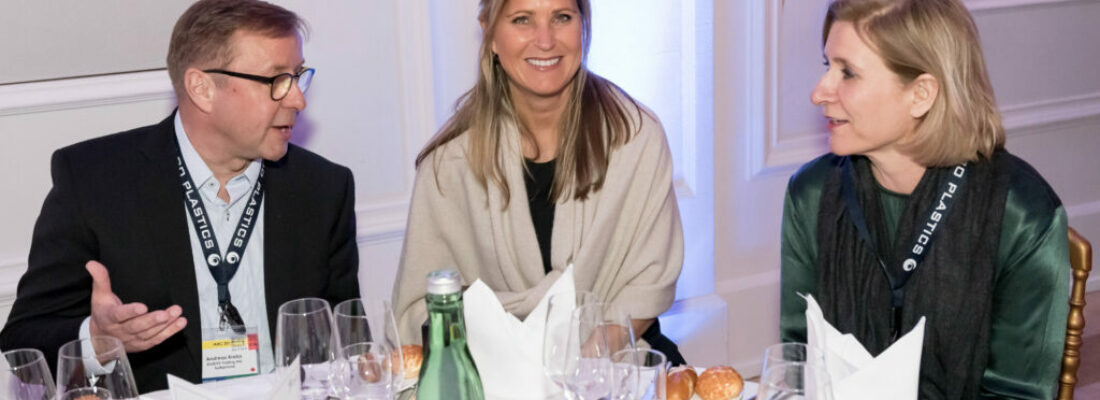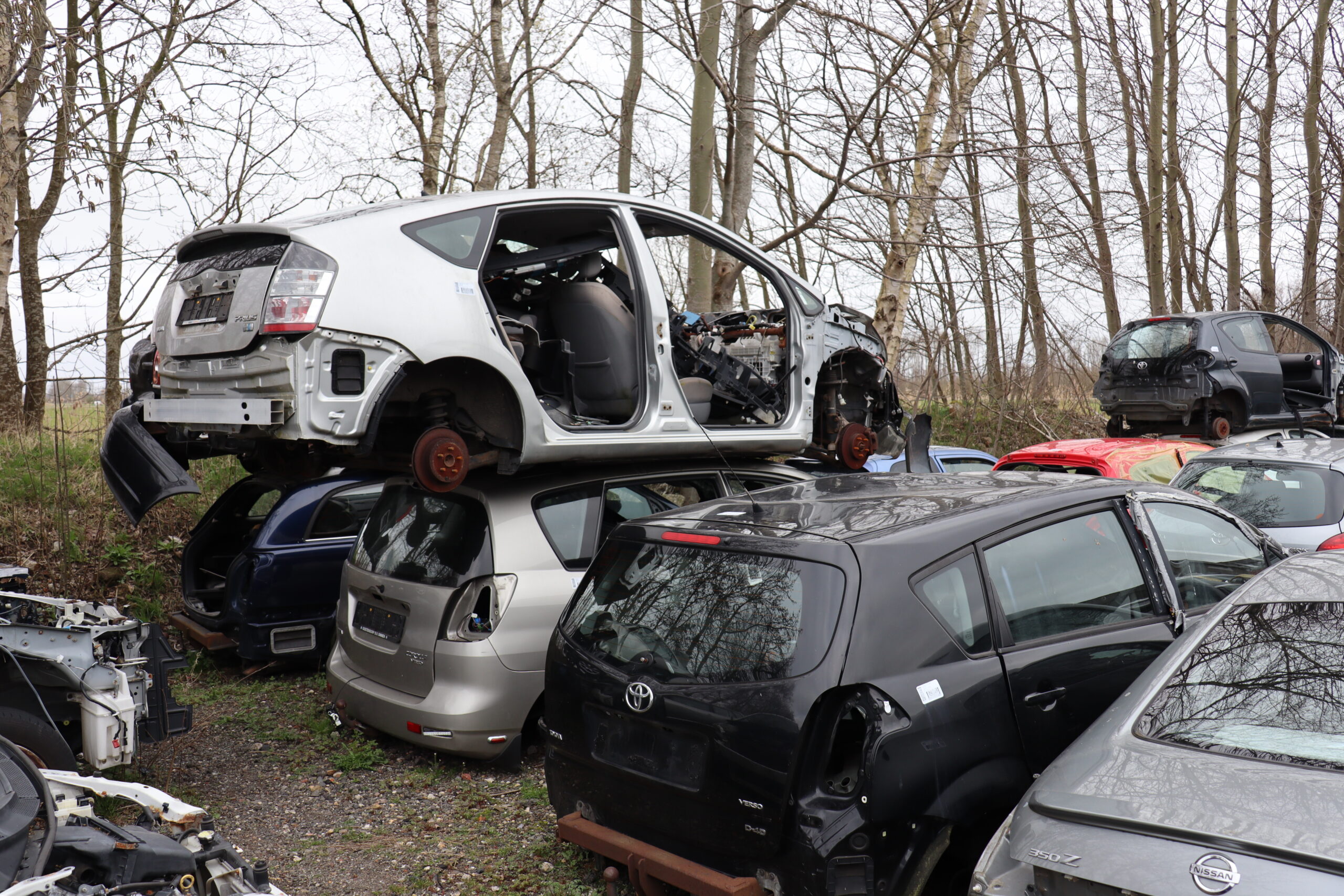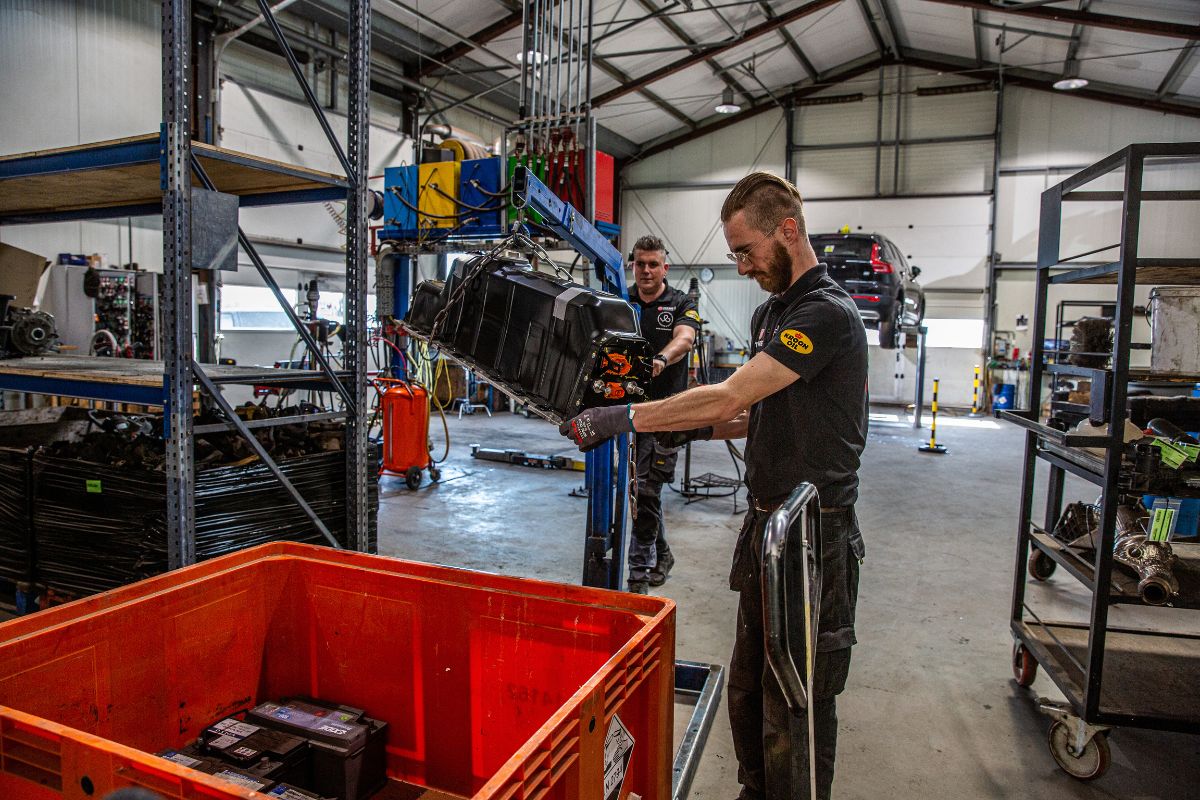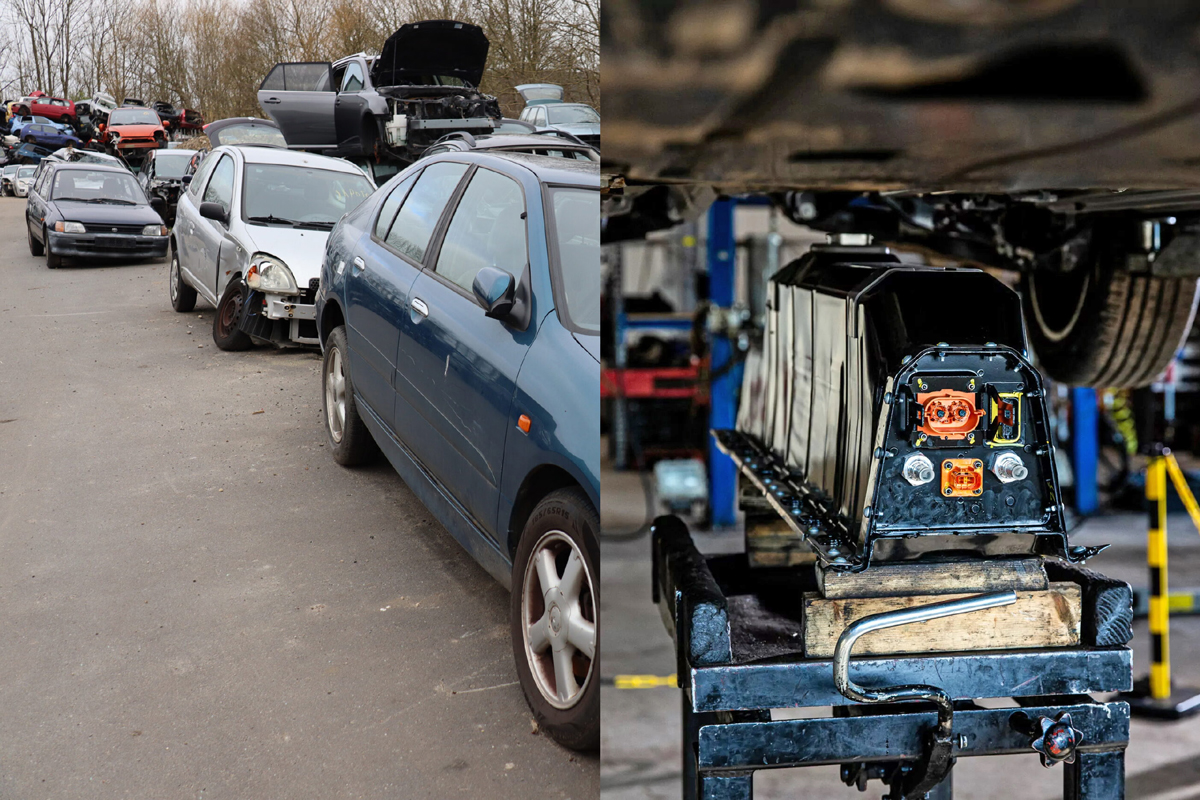Ingrid Niessing, Managing Director of ARN, spoke with Green Light about IARC 2019: the 19th edition of the world’s largest car recycling conference. Also about the circular economy as ‘the direction we have to go in’, the challenges of laws and regulations and the innovative power of recycling entrepreneurs.
Tekst Marian Vullings
Fotografie ICM
Were you struck by anything in particular during the conference?“What’s interesting, and something I’m seeing everywhere, is that recycling is rapidly gaining ground as a focus area. At ARN, recycling has been our specialty for 25 years, but we’re noticing that more and more companies are becoming interested in it, too. The quality and level are also becoming higher, which is great to see. Each and every one of the companies presenting at this conference is sharing a green, sustainable initiative. And that’s not just lip service for the public’s benefit, but because the necessity continues to increase. They’re eager to truly contribute to reducing CO2 and to demonstrate that recycling can be done much more effectively.”
The magic word here would seem to be ‘circular economy’. Are we already headed in that direction?“The other day, I heard someone say that ‘circular economy’ was nothing more than the latest buzzword. But that’s simply not true. There’s no chance that the circular economy will be out of fashion two years from now. It’s a direction we have to go in, no question about it. You get a real sense of that at the conference, too. Everyone has come to that same realisation.”
The upcoming amendments to the European ELV (End-of-Life Vehicle) Directive were a topic of much discussion at the conference. Some people, for instance, suggested that the legislation has outstripped real-world practice.“Every country is different, which makes it tricky to accommodate everyone in a single directive. It’s an extremely complex undertaking. And on top of that, every country manages their recycling differently. In Western Europe, for example, we have an effective system in place, while things are quite different elsewhere in Europe. When I heard about the state of car recycling in India or Argentina at this conference, I’m glad we only have to worry about managing the sector on our own continent. Which isn’t to say we can’t – and will perhaps have no choice but to – contribute outside of Europe as well.”
How do you feel about the current approach to businesses and countries that are still underperforming in terms of car recycling?“People talk about incentives a lot. About a reward for doing things the right way. Personally, I’m more in favour of penalties for when a business or country does the wrong thing. As it stands now, the bad companies are getting off easy. If we change that, it might be possible to achieve real progress. But consumers have a role in this as well. There are still only a handful of consumers who are willing to pay (more) for something that’s greener and more sustainable.”
And it’s not only consumers for whom money is a factor.“The word ‘profitable’ was heard during multiple presentations at the conference. Many times, a recycling method or technology has been tested and declared ready for implementation, but no one chooses to do so because the costs are too high. Logical, of course, but a pity nevertheless. It’s time to do something about that.”
Another important topic at this year’s conference: electric vehicles and the corresponding demand for recycling.“We’re seeing new players emerge in the field of battery recycling. Right now, we’re still in search of new innovations and developments in this area. The OEMs are becoming noticeably more open to this. (OEM stands for Original Equipment Manufacturer, ed.) For a long time, car manufacturers were able to lobby effectively on behalf of their conventionally fuel-powered vehicles – which they naturally want to keep selling – but in this day and age, that’s no longer an option.”
Also frequently-heard during the conference: ‘recycling by design’“While that’s not a new concept, of course, the parties involved feel that there’s a great deal of room for improvement. Car manufacturers are now using certain materials, like carbon fibre, to make their cars more sustainable. Which is a positive development. And beyond that, it’s possible to pay much greater heed to the recyclability of the end-of-life vehicle. That’s one aspect that stands to benefit from better coordination, if you ask me. Although, on the other hand: recycling companies shouldn’t just sit and wait until the cars are scrapped and then complain they can’t reuse anything. No; they should think about the issue and put their heads together with the manufacturers. New technologies will need to be developed. If your company recycles metal and there’s less and less metal present in cars, and more plastics instead, you should probably try to capitalise on that somehow. After all, your main material flow is changing. That applies to both dismantling businesses and post-shredder companies. They all need to join in efforts to find a solution, and ask themselves: If the car of the future is different from the cars of today, what should my new business model be?”(ARN and CIRCO have developed a workshop aimed at helping entrepreneurs in the automotive sector identify new business opportunities in connection with circular entrepreneurship, ed. To register, follow the link in the article on Green Light.)
All told, was the 19th edition of the IARC a success?“Absolutely. What makes this conference so interesting is the wide variety of topics discussed. We had presentations from dismantling companies. We heard from OEMs, shredders and trade associations for the sector, not to mention the requisite discussions on legislation and regulations. The entire chain is here, in one place, which makes it a remarkable event. Which is why we felt it was important to attend, not only as a participant, but as a member of the steering group as well.”



